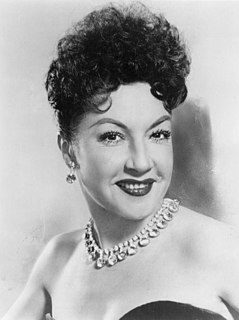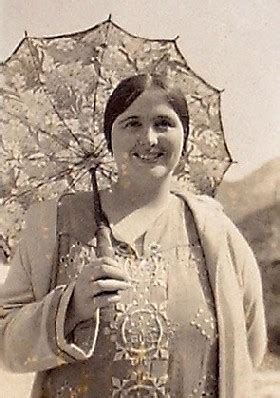A Quote by Penelope Lively
Since then, I have just read and read - but, that said, I suppose there is a raft of writers to whom I return again and again, not so much because I want to write like them, even if I were capable of it, but simply for a sort of stylistic shot in the arm.
Related Quotes
Young screenwriters are always very frustrated when they talk to me. They say, 'How do we get to be a screenwriter?' I say, 'You know what you do? I'll tell you the secret, it's easy: Read 'Hamlet.' You know? Then read it again, and read it again, and read it until you understand it. Read 'King Lear,' and then read 'Othello.'
The only things I read are gossip columns. If I read three pages of a book, I'm out like a light. When I pick up the book again, I've forgotten what I've read and have to start over again. By page three, even if I've just awakened from a nine -hour nap, I fall asleep again. So if anyone gives me a book, it had better have lots of pictures.
I know a lot of other actors that don't like to look at other references to their characters and things. But I like it. I always look at everything, I read all the books. I read Dieter's "Escape from Laos." I watched the documentary again and again and again. I recorded it just to listen to him a lot. I just don't suffer from feeling like I'm getting caught into an imitation. I just feel like I want to steal some good stuff if it's in there.
What I do usually is read the book first, for pleasure, to see if my brain starts connecting with it, as a movie. And then, if I say yes, I read it again, only this time I take a pen and, inside the book, I say, "Okay, this is a scene. I don't need this. I'm going to try this. I'm not going to take this." And then, I use that book like a bible and each chapter heading, I write a menu of what's in that chapter, in case I ever need to reference it. And then, I start to outline and write it. I get in there and it starts to evolve, based on having re-read it again.
It's not possible to advise a young writer because every young writer is so different. You might say, "Read," but a writer can read too much and be paralyzed. Or, "Don't read, don't think, just write," and the result could be a mountain of drivel. If you're going to be a writer you'll probably take a lot of wrong turns and then one day just end up writing something you have to write, then getting it better and better just because you want it to be better, and even when you get old and think, "There must be something else people do," you won't be able to quit.
I didn't want to teach my kid how to read, so I used to read to him at night and close the book at the most interesting part. He said, “What happened then, daddy?” I said, “If you learn to read, you can find out. I'm too tired to read. I'll read to you tomorrow.” So, he had a need to want to learn how to read. Don't teach children how to read. Don't teach them mathematics. Give them a reason to want it. In school, they're working ass-backwards.
I am a grenade," I said again. "I just want to stay away from people and read books and think and be with you guys because there's nothing I can do about hurting you: You're too invested, so just please let me do that, okay? "I'm going to go to my room and read for awhile, okay? I'm fine. I really am fine: I just want to go read for a while.
I had people read it early on and, you know, well-meaning people said to me, you should take out the blogs. I didn't get much positive feedback. Only because most of these people were protective of me - it was sort of like a "tone it down, make it easier to swallow" kind of thing. And I just thought if I do that then it's not the book I want to write.
It is much, much worse to receive bad news through the written word than by somebody simply telling you, and I’m sure you understand why. When somebody simply tells you bad news, you hear it once, and that’s the end of it. But when bad news is written down, whether in a letter or a newspaper or on your arm in felt tip pen, each time you read it, you feel as if you are receiving the bad news again and again.
I used to do miserably in English literature, which I thought was a sign of moral turpitude. As I look back on it, I think it was rather to my credit. The notion of actually putting writers' words into other words is quite ridiculous because why bother if writers mean what they mean, and if they don't, why read them? There is, I suppose, a case for studying literary works in depth, but I don't quite know what 'in depth' means unless you read a paragraph over and over again.


































